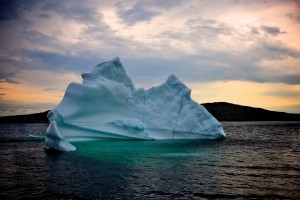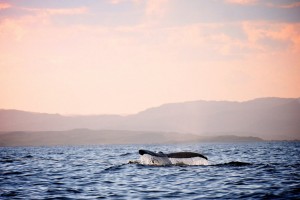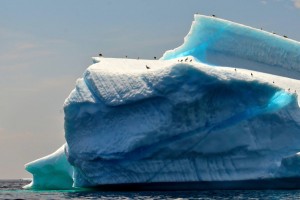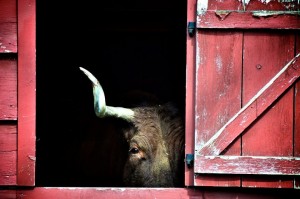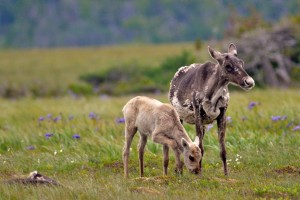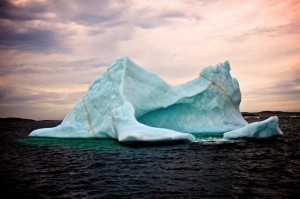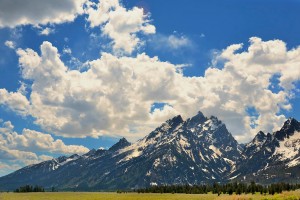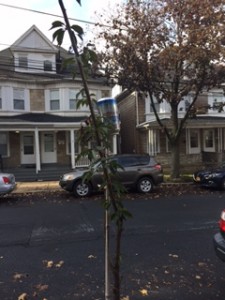“A kind of northing is what I wish to accomplish, a single-minded trek towards that place where any shutter left open to the zenith at night will record the wheeling of the sky’s stars as a pattern of perfect, concentric circles. I seek a reduction, a shedding, a sloughing off” (Dillard 255).
I always thought Dillard was awesome and now an entire chapter based on a reference to surveying.
This passage sort of the reminded me back to “Living like Weasels” and Dillard urges the reader to simplify and live more deliberately. She remarks the difficulty in achieving this but encourages us to strive for it.
The passage uses this idea of the sky as a heaven and a place to look toward as we slough off.

